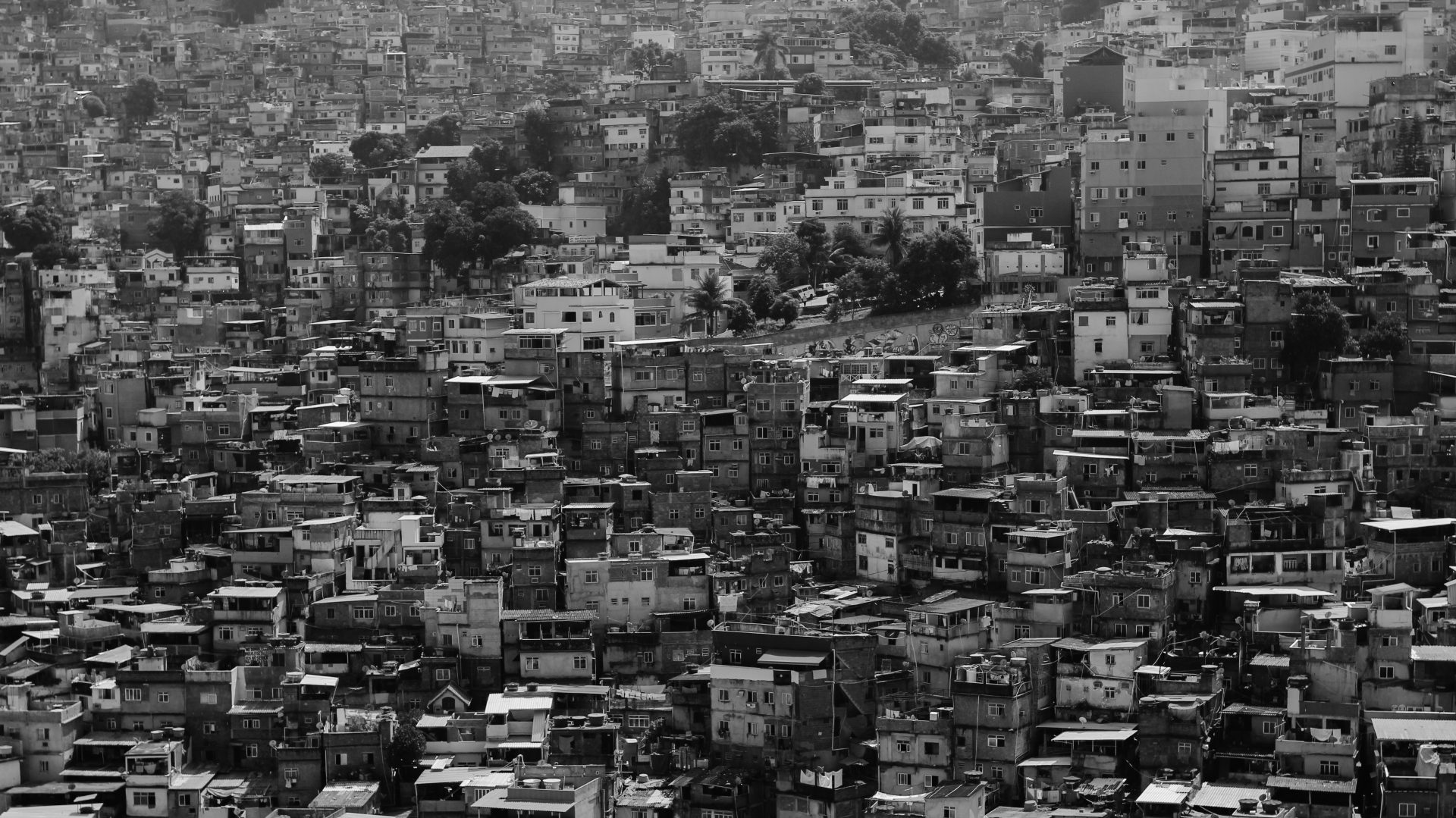EVERY STREET MATTERS: SEEING CHALLENGES FROM THE BOTTOM AND UP
June 2, 2021
4-7 PM (cest)
Online – register below
Watch the webinar here:
The vast majority of the world’s population live, work, study, play and fight on the streets. Today, streets all over the world, with their variations and diversities, to a large extent face similar challenges and opportunities. What is it really that promote experiences of belonging and identity, make people feel safe, and set the course towards social, economic and ecological sustainability?
Successful urban development is predominantly based on streets, public areas spaces and their connected life. Streets, unlike roads, are made for pedestrians/cyclists of all ages, not primarily for cars. Streets are the interstitial spaces that enable cities. They provide a network for the dynamic social, economic and physical activities that make cities vital for human habitat. The street and its buildings are interwoven. It is the encounter between the street and the buildings that creates the arena for interaction and contest between the private and the public, the formal and the informal; the lockdowned and the knockdowned.
However, during the last years the scale and the character of buying urban properties and land have changed. We are increasingly facing a situation where the spread of new mega projects with vast footprints inevitably destroy much urban tissue, smaller streets and squares, the density of street-level shops, modest offices and housing. Such mega-projects may raise the density of the city, but they actually de-urbanise it, and thereby bring to the fore the fact, easily overlooked in commentary about cities, that density is not sufficient to make a city liveable. In other words: De-urbanisation and de-humanisation are interconnected.
The purpose of this webinar is to explore the role and potential of streets in urban development reflecting the 17 Sustainable development goals, in particular Goal 11, the City Goal. Against the background of urban population and economic growth, speculation, migration, climate change, crime and pandemics, streets still serve as a basis of hope. They provide opportunities for democratic, open urban exchange – and simultaneously constitute a platform for economic and social development. A lead motive in this seminar – as examples for others – will be to present how people organize their lives, and how streets are taken care of and developed to handle problems and challenges.
Habitat Norway (HN) has the pleasure of hosting this webinar “Every Street matters. Seeing Challenges from the Bottom and Up” partnering with UN Habitat and the Polytechnical Association of Norway. The event is a follow up of the seminar “A Change of Mindset? Perspectives on Place and Architecture as a Collective Art”, organized in Oslo 31 August 2020 in collaboration with UN Habitat’s World Urban Campaign.
Program (final)
16.00–16.50 WORDS OF WELCOME
Erik Berg, Chair, Habitat Norway – introduction
Gro Lauvland, Board Member, Habitat Norway
Christine Knutsen, Director, External Affairs, United Nations Human Settlements Programme (UN Habitat)
Marianne Borgen, Mayor of Oslo
Heidi Nakkin, Deputy Minister for Local Government and Modernisation
16.50 – 17.10 KEY NOTE SPEECH
Suzanne M. Hall (London School of Economics): Citizenship of the edge – how sovereignty and inequality are maintained and refuted in the streets. Who are our streets really for?
17.10 – 18.35 THEMATIC INTERVENTIONS
SDG 11.3 Sally Roever, International Coordinator. WIEGO The informal economy. Challenges of people living on and from the street – street vendors, garbage pickers, pavement dwellers, homeworkers. How to partner?
SDG 11.7 Ana Falu, University of Cordoba, Argentine/Advisory Group on Gender Issues, UN Habitat, Director CISCSA; and Eva Storrusten, Advisor, National Association of Norwegian Architects: The Street – safety and security for women and girls. How to include and make them feel safe?
SDG 11.3 Celine Cruz, Affiliate, International Centre for Climate Change and Development; and Aquila Ismail, Chair, Orangi Pilot Project, Karachi: The Street and people’s participation. Organizing and advocating for sustainable development from the bottom and up. How to do it?
SDG 11.5 Eduardo Moreno, Head of Knowledge and Innovation, UN Habitat: People confronting pandemics and other disasters. How to build and organize resilient streets in a dense/not so dense city? Some experiences.
SDG 11.6 Andre Dzikus, Chief, Urban Basic Services Section, UN Habitat: The street and waste and pollution challenges. How to use nature’s own systems?
18.35 – 18.55 COMMENTS
Ellen de Vibe, Board Member, Habitat Norway: “The Street” in light of the UN SDGs and Norwegian Practice.
18.55 – 19.25 PANEL DISCUSSION
Who owns the street? Perspectives from Oslo by five politicians.
Reinvang (MDG), Eide (SV), Tvinnereim (S), Røberg–Larsen (A), Stryken (NBBL).
19.25 – 19.30 CONCLUSION
Moderators:
Erik Berg
Ellen de Vibe
Register here


